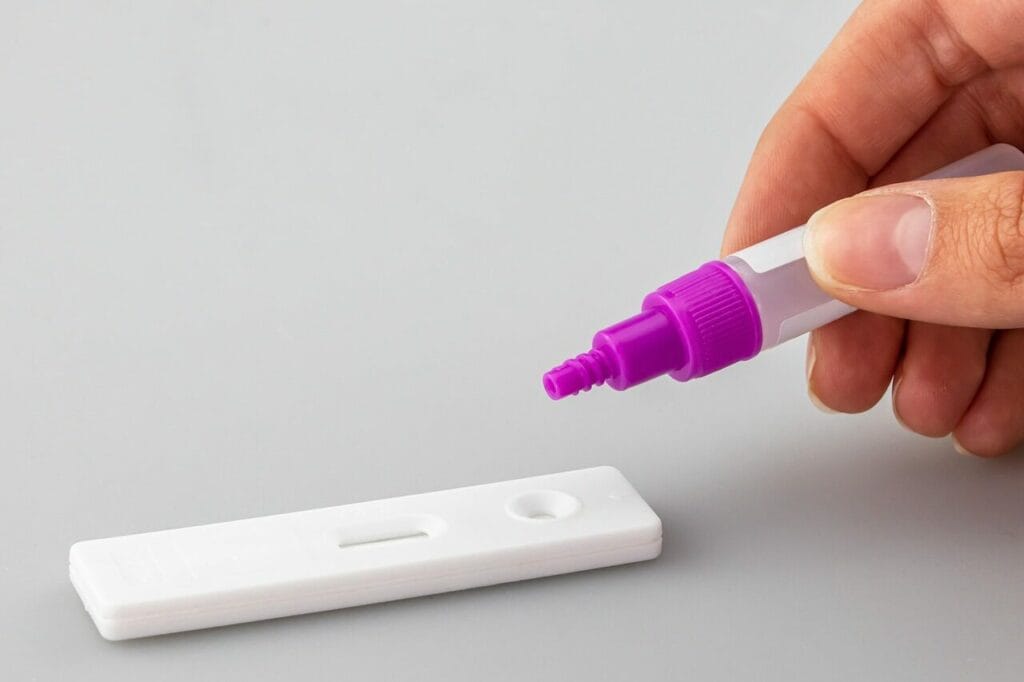Montreal Researchers Develop Advanced Blood Test for Early Breast Cancer Detection
Montreal researchers have made significant progress in creating a cutting-edge blood test that could revolutionize breast cancer screening. This innovative technology aims not only to detect breast cancer at earlier stages but also to identify women at higher risk, including those under 50.
Dr. Saima Hassan, a researcher at the University of Montreal Hospital Center Research Center, is leading the development of this groundbreaking blood test. The test, which integrates laser technology and immune cell profiling with artificial intelligence, targets early detection in young women, particularly those under 50.
The potential of this blood test is immense. It could expand screening capabilities, making it more accessible to women in remote areas and offering a less invasive alternative to mammograms for some individuals. With rising breast cancer cases among younger women, the need for advanced screening methods has never been more critical.
By comparing samples from breast cancer patients with those from healthy individuals, the artificial intelligence in the blood test learns to identify specific signals associated with the disease. This precision approach, aligned with the concept of precision medicine, considers various factors such as age and ethnicity to tailor screenings to individual needs.
While the blood test shows promise in early identification and risk assessment, Dr. Hassan emphasizes that a biopsy remains essential for definitive diagnosis and treatment planning. However, the speed and accuracy of the blood test could enable prioritized care for patients in need.
Funded by the Canadian Cancer Society and the Lotte & John Hecht Foundation, this research involves a multidisciplinary team, including Dr. Réjean Lapointe, engineer Frédéric Leblond, and AI expert Samuel Kadoury. Although further refinement and validation are required before the blood test can be widely implemented, the potential impact on breast cancer detection and care is promising.

